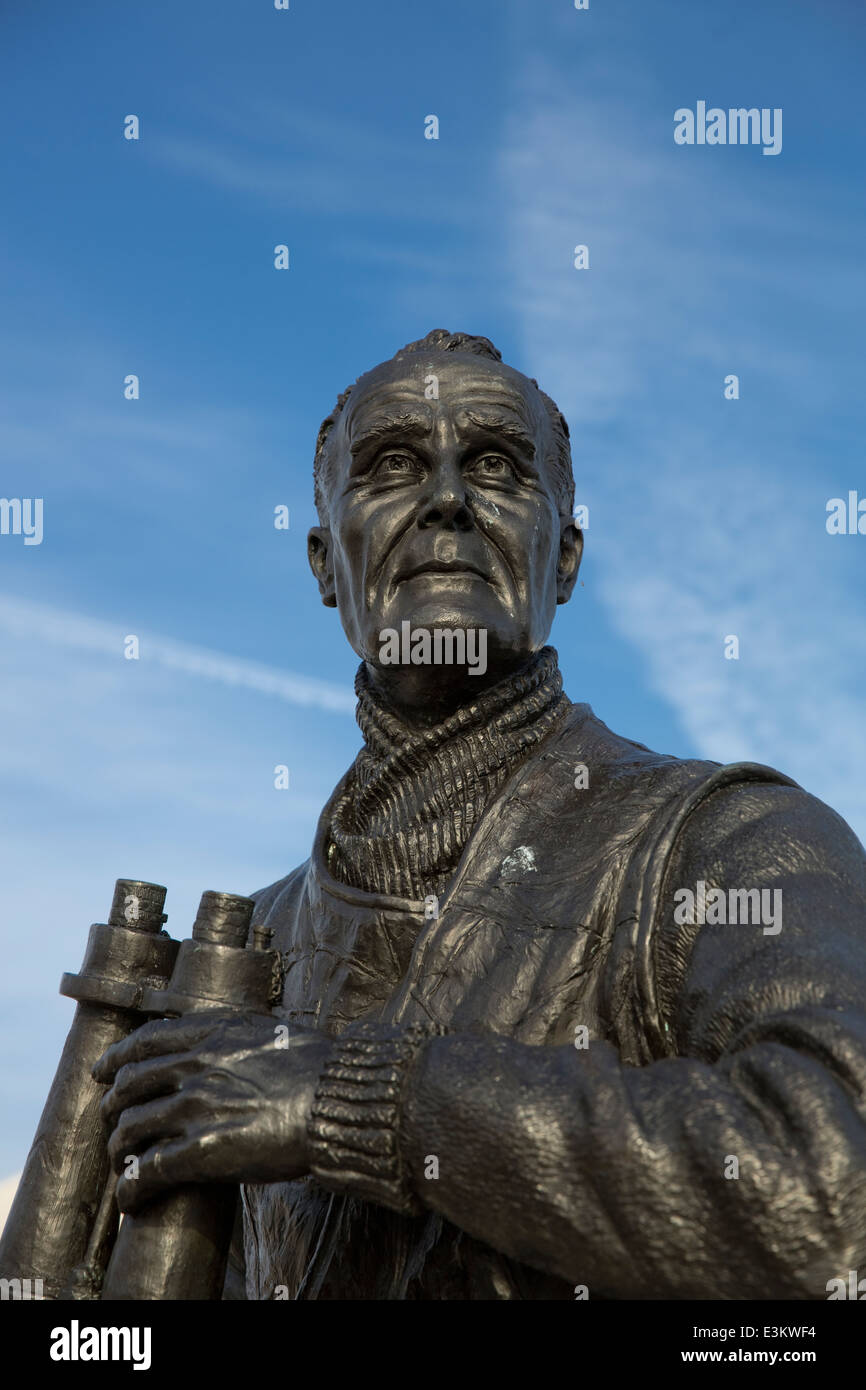
By affirming the “interrelatedness of all aspects of identity, including sexuality, gender, culture, community, and spirituality” the concept of Two Spirit gives space to identify in a way that is meaningful for the individual, outside of Settler 1 understandings of sex, gender, and sexuality ( Wilson, 1996, pp. Through extensive interviews with Two Spirit people, Two Spirit scholar, Wilson (1996) shows that terms such as lesbian, gay, and bisexual are housed within a Western, colonialist framework and do not fully indicate the unique and complex expressions of gender within Indigenous cultures. Although the term Two Spirit has roots in Canada, it is increasingly used by Indigenous communities across North America ( Hunt, 2016). The term was invoked by Indigenous community members in 1990 at the 3rd annual International Two Spirit Gathering in Manitoba, Canada ( OUTSaskatoon, 2020b Robinson, 2017). The term “Two Spirit” is a self-determined indication of gender and sexual identity within Indigenous communities. Considering the intersections of identity and structural barriers in place for this community, more research led by and in collaboration with the Two Spirit community is needed. Conclusion: Assessing the impact that colonization has had on the intersections of gender, race, sexuality, class, culture, and spirituality, Two Spirit people face unique health concerns. These themes directly parallel holistic nursing in their demonstration that health is complex, and that there are many facets that make up an individuals’ health. Results: Identified themes were grounded in the holistic Medicine Wheel teachings. Overall, there was a dearth of Two Spirit specific health-related information.

Method: We conducted a review of 13 articles related to the health and wellness of the Canadian Two Spirit community. Purpose: In response to item 7.1 from the Missing and Murdered Indigenous Women and Girls Report (2019), calling on health service providers to recognize the importance in inclusive services with and for Indigenous peoples including Two Spirit, lesbian, bisexual, transgender, queer, questioning, intersex, and asexual (2SLGBTQQIA) peoples, we undertook a review of the literature to identify the gaps in understanding and to better situate the health and resiliencies of Two Spirit people in Canada. All subjects Allied Health Cardiology & Cardiovascular Medicine Dentistry Emergency Medicine & Critical Care Endocrinology & Metabolism Environmental Science General Medicine Geriatrics Infectious Diseases Medico-legal Neurology Nursing Nutrition Obstetrics & Gynecology Oncology Orthopaedics & Sports Medicine Otolaryngology Palliative Medicine & Chronic Care Pediatrics Pharmacology & Toxicology Psychiatry & Psychology Public Health Pulmonary & Respiratory Medicine Radiology Research Methods & Evaluation Rheumatology Surgery Tropical Medicine Veterinary Medicine Cell Biology Clinical Biochemistry Environmental Science Life Sciences Neuroscience Pharmacology & Toxicology Biomedical Engineering Engineering & Computing Environmental Engineering Materials Science Anthropology & Archaeology Communication & Media Studies Criminology & Criminal Justice Cultural Studies Economics & Development Education Environmental Studies Ethnic Studies Family Studies Gender Studies Geography Gerontology & Aging Group Studies History Information Science Interpersonal Violence Language & Linguistics Law Management & Organization Studies Marketing & Hospitality Music Peace Studies & Conflict Resolution Philosophy Politics & International Relations Psychoanalysis Psychology & Counseling Public Administration Regional Studies Religion Research Methods & Evaluation Science & Society Studies Social Work & Social Policy Sociology Special Education Urban Studies & Planning BROWSE JOURNALS


 0 kommentar(er)
0 kommentar(er)
